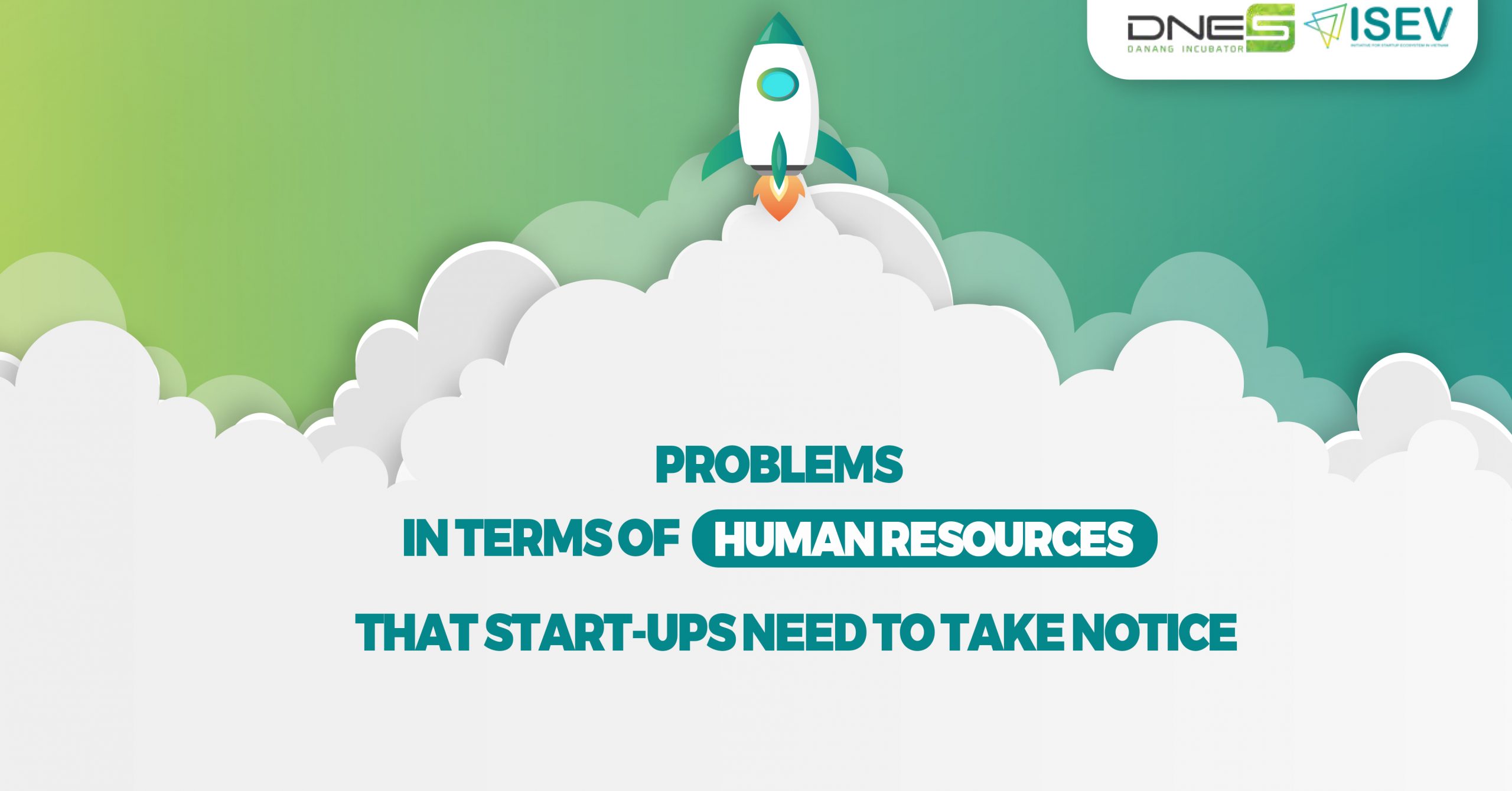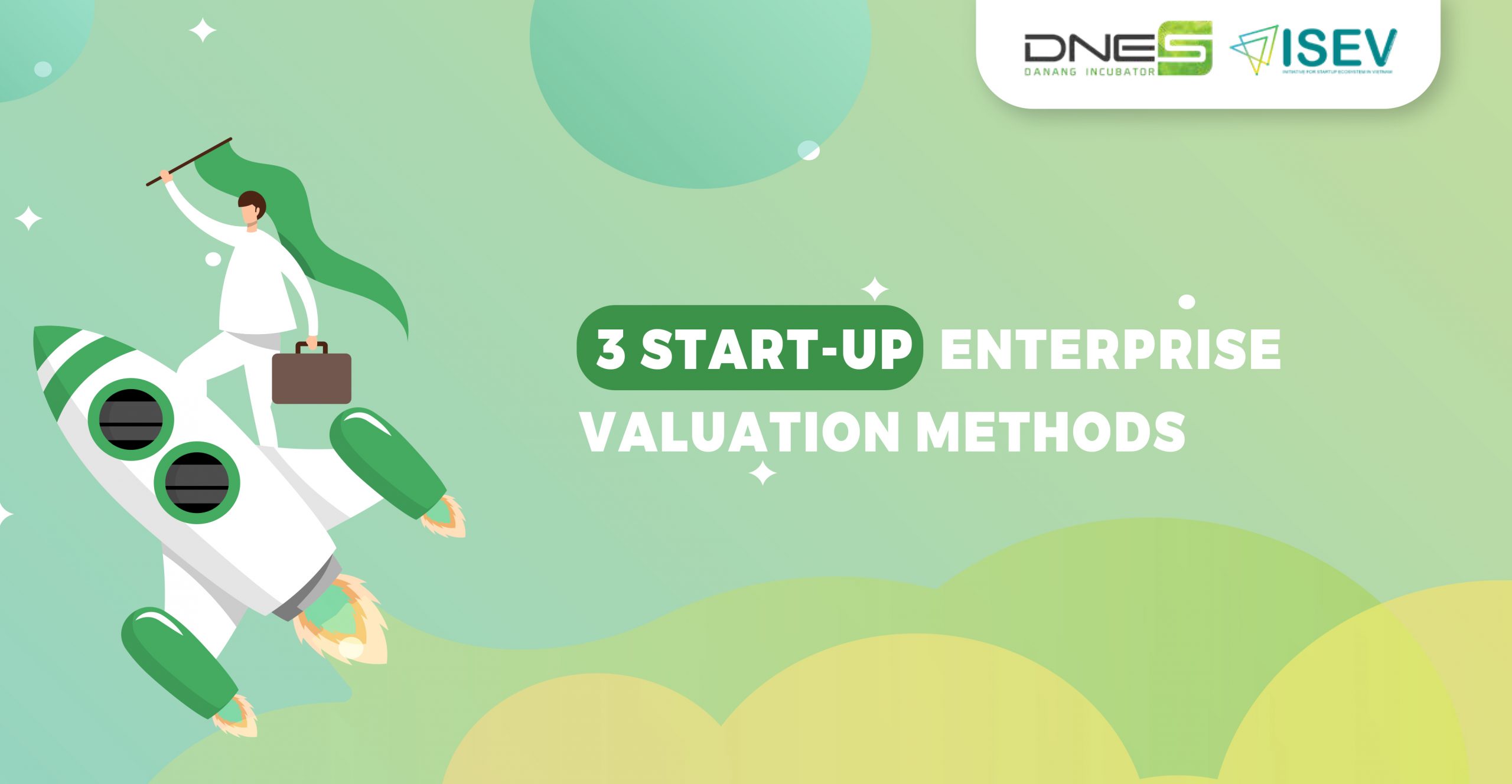PROBLEMS IN TERMS OF PERSONNEL THAT START-UPS NEED TO TAKE NOTICE
Regarding start-ups, troubles and risks do not originate from the external side. The internal world even meets with multi-dimension and volatility – uncertainty – complexity – and ambiguity, which demands founders to determine problems early and propose timely solutions. And personnel is known as a core factor in each and every start-ups – also a latently risky element which occasionally leads to crises. Recognizing it, this lesson is made with a view to aiding founders in learning difficult issues in relation to personnel in the early phase of start-up journey. Thereby, concluding experimental lessons to confidently address these subjects.
I/ Personnel problems of a start-up:
-
(A) Co-founders:
It is an abstruse mathematics confronted by a lot of start-up founders. Towards start-up, finding an appropriate partner who is willing to fight with founders in realizing the entrepreneurial dream is not effortless work. Finding Co-founders can bring about displeasure and be time-consuming. Every now and then because founders only comprehend that their choices are incorrect after a lengthy co-working process. Therefore, looking for a co-founder will become a huge problem in start-ups, requiring resilience and intelligent options to select the right people accompanying the company.
-
Employees take leave:
Start-ups may take advantage of founders’ repute, or projects’ values, or strategies in order to invite personnel to companies. In case of thriving projects, well developed companies, personnel retention is not a troublesome problem. Nevertheless, if a company will not identify a development direction within 6 months to a year, personnel are possible to take leave. In fact, founders can resist in 2-3 years, yet coreteam may leave if a project is not plausible in the period of 6 months to 1 year. Getting shares is also not significant enough to guarantee their commitment and companion.
When employees leave one by one, it is also when the startup company can face a period of great crisis. By that time, the startup gradually lost the trust of its companion team, leading to doubting its own ability as well as the product being deployed. However, what a startup needs to do is change the mindset, change the way it works and find ways to make the startup grow. Founders need to be really persistent when assessing the development potential of the project.
3. Personnel do not keep up with corporate development:
As the startup has grown to a stage where it needs growth and expansion, the personnel themselves and their organizational structure must evolve as well. For example, a startup is expanding the market, instead of having only one sales specialist before, the company will start hiring 5-6 other specialists. This is also the time when the company needs a sales manager, needs a manager and needs to build a more professional working process.
During the growth phase, when an employee does not meet the job requirements, this means that the growth progress will also be affected. In fact, corresponding to each stage of development and change in personnel size, the company will face a crisis of personnel. According to our observations, the scale levels that often occur with major personnel problems are: from less than 10 people, to 30 people, 50 people and over 100 people. Thus, for a start-up company, the capacity and skills of personnel must always be cultivated and developed continuously. Founders are no exception. If the Founder does not develop, it is impossible to lead the company to success.
4. Hiring the wrong people:
In fact, there are always startups that are in the development stage, have the financial resources and the resources to invite good personnel to join. Therefore, these startups quickly recruit good employees who have experience working in large corporations and organizations to work and are willing to pay large salaries. However, this can also create a crisis within the company. It is a crisis of culture, especially the working culture of personnel in management positions. Or it can also be a crisis because of the conflict and difference with the company's current culture, thereby creating conflict between the old and new HR groups. The above will cause unpredictable consequences, even drag the company down. Because the issues of fairness, rights between the old and new people, the effectiveness evaluation mechanism and inappropriate remuneration, will create dissatisfaction in the personnel apparatus, thereby setting a huge pressure on human resources for startups.
Although there are still a lot of difficulties that startups will face, the above 4 problems are also the most common HR problems for startups in the early stages of startups. So what is the solution for startups to overcome the above problems? Please continue to watch part II of this lesson.
Here are some experiences drawn and shared from Founders in the Da Nang startup ecosystem network:
For a startup company, the Founder has always been the pillar and soul of the project, especially at the early stages. To create motivation and trust for the staff, the Founder himself must be an inspiration, and an example for the organization. Founders need to commit and persevere with what they believe, I say, I want.
-
The founder is the soul of the project:
For some ordinary businesses such as a farm organization, staff positions such as growers and harvesters take place regularly. The business owner can understand all the processes, ways, from there, control at his discretion. As for Startup, it can be likened to an army going to battle. If the founder always shows passion, determination and fighting spirit; The team will also be ready to rush into the battle for a place in the market. Startups are almost influenced by Founders, so Founders need to consider and evaluate their own capabilities and bravery before seriously starting their entrepreneurial journey.
2. Stay focused on growth:
Whatever the stage, startups need to make changes. Because when the indicators measuring the success of the startup continuously increase, it is also the time when the belief of employees about a right start-up journey is increasingly strengthened. The numbers of the number of users, the interest and trust of customers, … or the startup raising capital, winning a prize at a contest, … are all developments that can be created. Motivate and encourage staff morale every day. As long as the business is still creating value, difficulties or crises will no longer be such a big deal.
3. Thorough recruitment:
Having a thorough recruitment process will help minimize the probability of hiring the wrong person. A proper recruitment process, in addition to ensuring a correct assessment of the candidate's knowledge, experience and expertise, also needs to focus on assessing cultural fit. In fact, startups need to spend 2-3 months to be able to evaluate the real capacity of the personnel involved in the company.
The lesson learned is that startups should not trade too much. The company needs to calculate the solution for the worst case that the personnel is not suitable for the company and come up with a better recruitment plan.
-
Always have a backup plan:
Startups need to allocate resources appropriately, linking the role of personnel with important roles in the organization. The company needs to build a solid business model like a tripod, have different human resource pillars and be able to replace and complement each other. In which, Founder must be in an important position.
During periods of staff leave, the project stops; Just need the project itself to build a model and have a good orientation, the Founder has a vision, and a potential market. At that time, the project will certainly convince other personnel to continue to come and accompany, and at the same time, the rebuilding of the team will also be very fast.
-
Building a working culture and development roadmap for employees:
Start-up companies have the advantage of growing very quickly, so the development opportunities of the company's members are also more open. The startup's personnel will be able to experience and try new roles and positions. This is also the most attractive point of Startup when recruiting talents, although the regime and benefits are sometimes not comparable to large corporations.
Startups need to take advantage of this strength and draw a clear development path for company personnel. For example, in a technology product company, an employee might start as Tester -> QA (Quality Assurance) -> PO (Product Owner) – > PM (Product Manager) -> Head of Product (Product Manager).
Although new employees joining a startup can take on many tasks, after a while, a clear roadmap is needed. Because if the company wants to develop, the personnel themselves also develop and need a roadmap for that development.
-
Be prepared for unexpected risks:
Either way, personnel is always an extremely complex issue. And this lesson does not include the behavioral and operational issues of personnel that can affect the organization at serious levels such as ethics or law. Therefore, the founder himself needs to be really awake, know how to look at people, always create opportunities and trust personnel; But at the same time, you must also be prepared for unexpected risks that may occur. Sometimes the Founder himself can also fall into crisis, doubt his ability, and want to abandon the project. Therefore, having an open mind, willingness to accept challenges, and persistence with the goal of business development will help the startup project succeed.
Above are all the sharing of expert Tran Vu Nguyen about the human resource issues that a startup can face. To learn more about this lesson, please watch the video below:
Author: Tran Vu Nguyen




